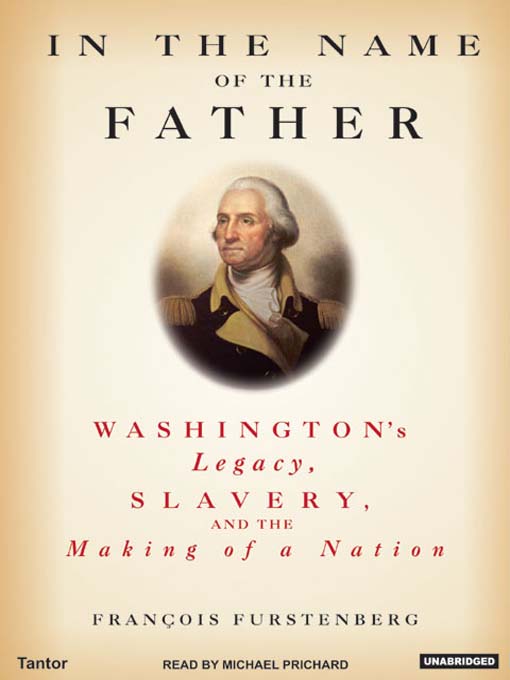-
Description
-
Creators
-
Details
-
Reviews

- Francois Furstenberg - Author
- Michael Prichard - Narrator
OverDrive Listen audiobook
- ISBN: 9781400122783
- File size: 288634 KB
- Release date: August 15, 2006
- Duration: 10:01:19
MP3 audiobook
- ISBN: 9781400122783
- File size: 288891 KB
- Release date: August 15, 2006
- Duration: 10:01:19
- Number of parts: 8

Loading
Formats
OverDrive Listen audiobook
MP3 audiobook
subjects
Languages
English
